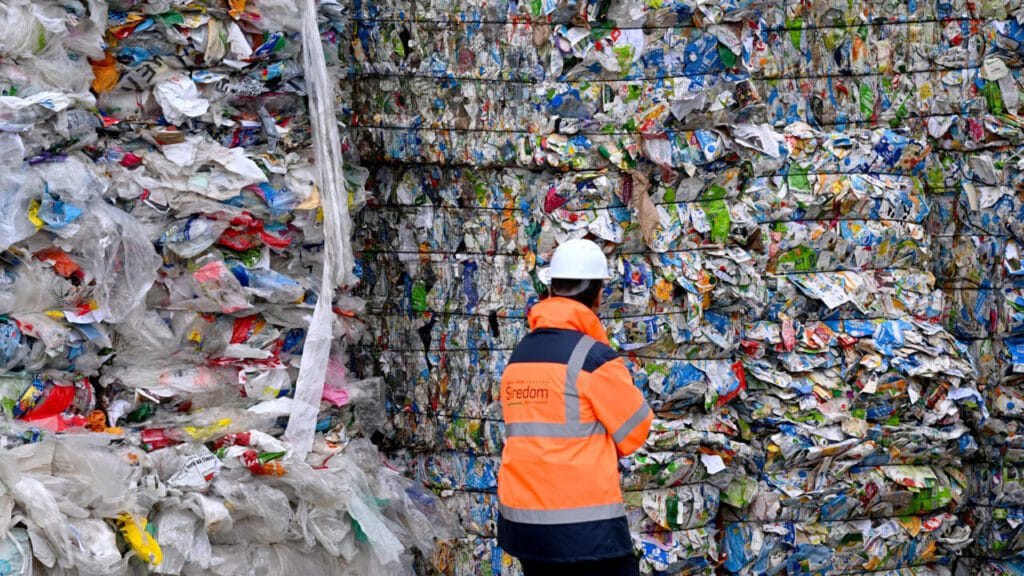A recent survey, conducted as part of the SWITCH to Circular Economy Value Chains project, reveals a growing concern among Moroccans regarding plastic waste management. Conducted with 1,013 citizens from various regions of the country, the study highlights that 94% of participants consider effective plastic waste management crucial, reflecting a rapidly increasing ecological awareness.
The circular economy: a pillar for Morocco’s environmental future
Morocco, through initiatives such as the National Strategy for Waste Reduction and Valorization (SNRVD), has committed to achieving a plastic recycling rate of 70% by 2030, up from just 25% in 2015. This transformation relies particularly on structural measures such as the eco-tax on plastics, established in 2013, which funds waste management projects.
At the same time, the revision of law n°28-00 has introduced mechanisms for extended producer responsibility, requiring them to cover costs related to pollution prevention and waste management. The SWITCH2CE initiative is also part of this dynamic, with pilot projects aimed at transforming the sector, such as the “bottle-to-bottle” recycling, involving the entire value chain.
Persistent challenges: between awareness and the adoption of new practices
Despite these advances, the survey highlights major challenges. While 94% of Moroccans say they are ready to adopt more sustainable behaviors, such as sorting plastics, daily practices still show contradictions. For example, 72% of participants systematically use plastic bags provided by retailers, illustrating the gap between awareness and the adoption of new habits.
The informal sector, which represents about 90% of the recycling industry, poses another challenge. The formalization of these jobs by 2030, as planned by the SNRVD, will require concerted efforts to integrate these collectors into organized circuits while preserving their socio-economic well-being.
A collective mobilization for a sustainable future
The results of this survey highlight a popular desire for a transition to a circular economy. However, appropriate and inclusive communication will be essential to transform this awareness into concrete actions. The gradual integration of informal collectors, combined with innovative policies and citizen support, can position Morocco as a regional leader in the fight against plastic pollution.


